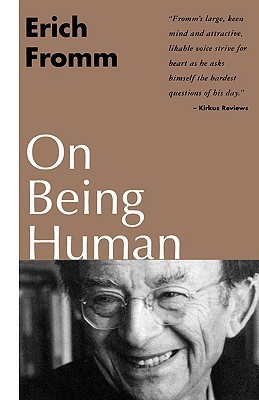
Man's Search for Ultimate Meaning
Book Description
What gives life its true meaning? In a world replete with suffering and chaos, Viktor E. Frankl's *Man's Search for Ultimate Meaning* explores the profound quest for purpose that transcends even the darkest circumstances. Drawing from his harrowing experiences in a concentration camp, Frankl reveals the incredible power of human resilience and the vital importance of finding meaning in every moment. With gripping insights, he challenges conventional wisdom and encourages exploration of the spiritual dimensions of existence. As the lines between despair and hope blur, one question lingers: What will you discover when you seek your own ultimate meaning?
Quick Book Summary
In "Man's Search for Ultimate Meaning", Viktor E. Frankl delves into the fundamental human drive to find meaning in life, even amidst suffering and adversity. Building upon his experiences as a Holocaust survivor and psychiatrist, Frankl differentiates between the search for a superficial sense of pleasure and the quest for a deeper, ultimate meaning. The book expands on his logotherapy concept, emphasizing that human beings are spiritual entities whose ultimate fulfillment lies in realizing a deeper purpose. Frankl challenges reductionist perspectives in neuroscience and psychology, advocating instead for a vision of humanity that includes spiritual and existential dimensions. By highlighting the transformative power of finding purpose, Frankl invites readers to reflect on their own existence and discover meaning despite the challenges of the modern world.
Summary of Key Ideas
Table of Contents
Logotherapy and the Will to Meaning
Viktor E. Frankl's logotherapy asserts that the primary drive in human beings is not pleasure or power, but the search for meaning. Rather than reducing individuals to biological or psychological mechanisms, Frankl insists that everyone possesses the freedom to find meaning—even in the most difficult circumstances. His experiences during the Holocaust powerfully illustrate the capacity of the human spirit to rise above suffering through purposeful living, reinforcing that meaning can be discovered in every situation, no matter how dire.
Transcending Suffering Through Purpose
A central theme in Frankl's philosophy is the transformative power of purpose in helping individuals transcend suffering. When confronted with unavoidable pain, he argues, people can find redemptive meaning in their responses to adversity. This process transforms victims into victors, enabling them to exercise choice and dignity. Frankl emphasizes that suffering ceases to be suffering at the moment it finds meaning, giving direction to life under even the harshest conditions.
The Spiritual Dimension of Humanity
Frankl presents humanity as inherently spiritual. He contends that modern psychology too often neglects the spiritual aspect, reducing people to mere chemical or behavioral processes. Real fulfillment, he argues, comes from engaging with values that transcend personal pleasure—such as love, creativity, and sacrifice. These higher pursuits are the gateways to discovering ultimate meaning and cultivating a richer inner life.
Critique of Reductionist Psychology
A strong critique runs through Frankl's work, aimed at the reductionist tendencies in contemporary psychology and neuroscience. He warns that stripping away the spiritual and existential layers of human experience leads to a sense of emptiness. Frankl posits that traditional science, with its emphasis on measurement and causality, fails to grasp the full depth of the human condition, urging a more holistic approach that embraces both science and spirituality.
Personal Responsibility in Meaning
Personal responsibility forms the heart of finding meaning, according to Frankl. Individuals are free and obligated to respond to the demands of each moment, interpreting events and accepting the challenge to find purpose. This notion places agency and accountability at the center of human existence. By taking ownership of their attitudes and actions, people can shape their destiny, overcoming life’s chaos through the discovery and pursuit of their own unique sense of ultimate meaning.
Download This Summary
Get a free PDF of this summary instantly — no email required.





